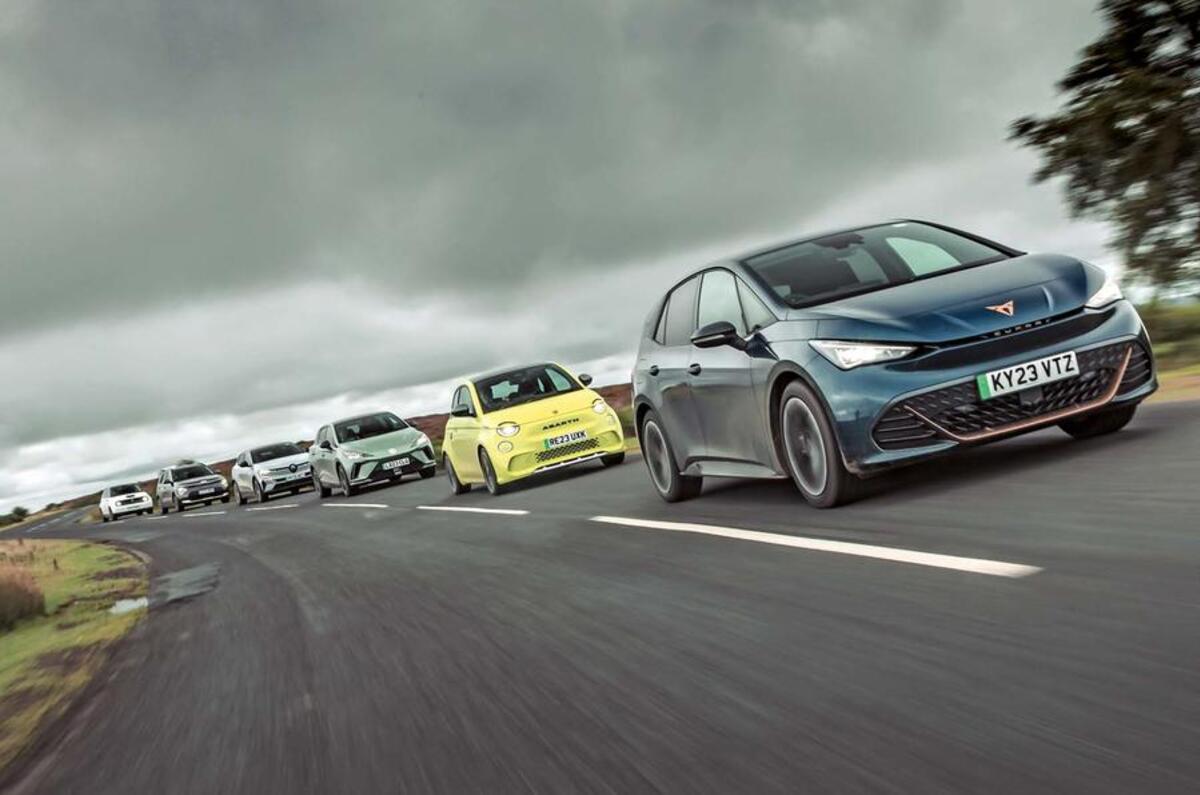You see it regularly with EVs: the national grid will blow up, they’ll conk out on you, you won’t be able to drive to see Granny in Scotland at a moment’s notice, they'll catch fire, they’ll collapse car parks under their extra weight…
Public perception of electric cars has become particularly topical this week following the fire in a Luton Airport multi-storey car park. It started when a single car caught fire and the Twitter police had already decided it was an EV, as they seemingly catch fire more. That it proved to be a diesel car was moot - the news agenda had moved on and mud sticks.




Add your comment